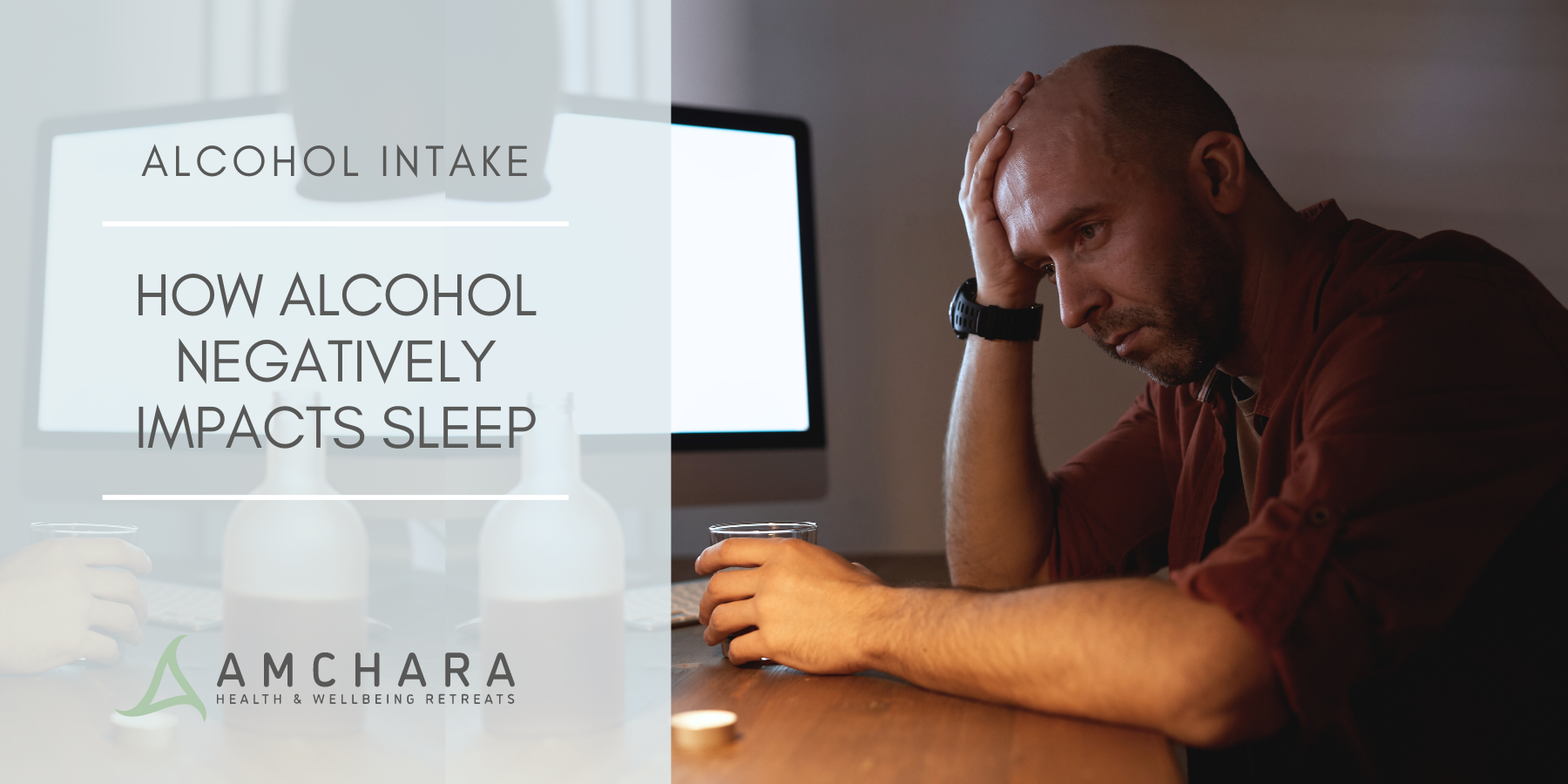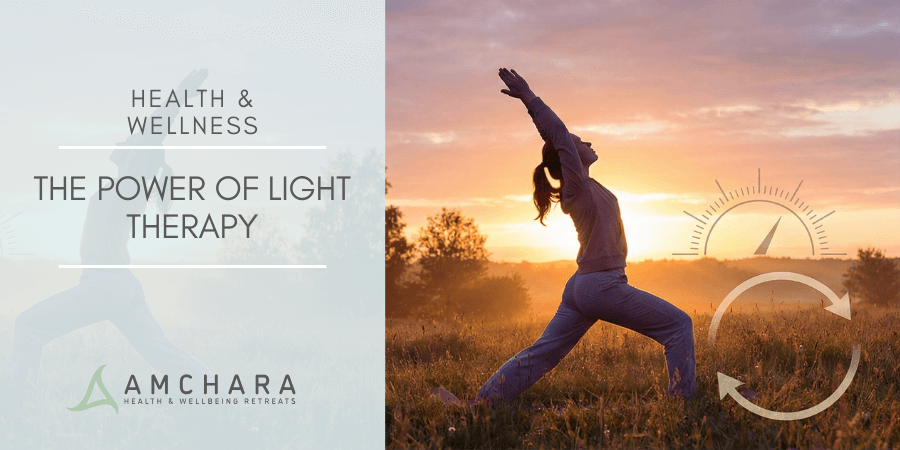Topics Covered in this article:
For many people, a glass of wine in the evening may seem like the perfect way to unwind after a long day. Alcohol is often viewed as a relaxant, helping people drift off to sleep faster and enjoy a peaceful night’s rest.
Alcohol acts as a depressant on the central nervous system which means it can act as a sedative, though research shows it won’t benefit your sleep in the long run. Especially in large quantities, alcohol is strongly linked to a disruptive and detrimental effect on the quality of your sleep, affecting both physical and mental health.
We always take an informed, evidence-based approach to our articles, providing you with researched and actionable evidence to help you improve your overall health.
This article explores the negative effects that alcohol can have on your sleep, and offers insights into how you can improve your sleep habits and quality by minimising alcohol consumption.
Alcohol-induced insomnia
Alcohol is a central nervous system depressant, which means it slows down brain activity and has a sedative effect. After consuming alcohol, you might notice that you feel more relaxed, and fall asleep faster than usual. This is because alcohol increases the production of gamma-aminobutyric acid (GABA), a neurotransmitter that calms the brain. In small doses, alcohol can make you drowsy, and this may lead people to believe that it helps with sleep.
However, despite the initial sedative effect, research from studies in 2020 suggests that alcohol has a negative effect on overall sleep quality. The initial drowsiness wears off as alcohol is metabolised, often causing sleep disturbances later in the night. Drinking heavily over time can also disrupt the chemical messengers in the brain, which can lead to insomnia.
Disruption of sleep cycles
One of the most significant ways in which alcohol disrupts your natural sleep cycle is by affecting the REM (Rapid Eye Movement) period of sleep. REM sleep is the deepest and most restorative stage of sleep, being crucial for memory consolidation, emotional regulation, and overall mental health.
Alcohol inhibits REM sleep, causing you to spend more time in the lighter stages of sleep and leading to a more fragmented, restless quality of sleep overall. It can also increase the likelihood of sleepwalking, and affect your cognitive function and memory the next day.
Exacerbation of sleep apnoea and snoring
Drinking alcohol can make the muscles of your throat and mouth relax, making it more likely that loose tissues will block the upper airway. This can often exacerbate snoring and worsen sleep apnoea, a common and potentially serious sleep disorder in which your breathing is repeatedly interrupted while you sleep.
Sleep apnoea reduces the amount of oxygen your body receives while you sleep, and puts a strain on your cardiovascular system, potentially leading to serious effects. People with sleep apnoea should be especially mindful of the amount of alcohol they consume before bed, being at a higher risk of experiencing more frequent and severe breathing interruptions throughout the night.
Frequent urination and dehydration
Alcohol acts as a diuretic, increasing urine production and prompting your body to expel fluids. Drinking alcohol before bed can lead to more frequent trips to the bathroom during the night, further fragmenting your sleep. This disruption not only affects your sleep patterns but also contributes to dehydration, which can cause discomfort, headaches, and leave you feeling tired the next morning.
Dehydration is a common side effect of alcohol consumption, often leading to a dry mouth, headaches, and difficulty concentrating – all of which can sap your energy and affect your performance the next day. When your sleep is broken by frequent urination and dehydration, it becomes much harder to wake up feeling rested and refreshed.
Night sweats and body temperature regulation
Alcohol consumption interferes with your body’s natural ability to regulate temperature during sleep. Typically, your body temperature drops slightly as you enter the deeper stages of sleep, which is crucial for restorative rest. However, alcohol causes your blood vessels to dilate, as well as resulting in an elevated heart rate during sleep, as shown in a 2018 study.
This leads to increased blood flow to the skin, creating a feeling of warmth, and potentially causing night sweats and overheating, both of which can cause discomfort during sleep. As a result, this negatively impacts the recovery that the body should experience during sleep, and can therefore fragment sleep and leave you feeling fatigued the next day.
Next-day fatigue and “hangover sleep”
The morning after drinking alcohol, many people experience hangover symptoms such as headaches, fatigue, dizziness, and nausea. These effects are partly due to poor sleep quality, dehydration, and electrolyte imbalances caused by consumption of alcohol.
Even if you manage to get the recommended 7-8 hours sleep after drinking, the disruption to your REM sleep, dehydration, and frequent awakenings can make you feel as though you didn’t sleep at all. This “hangover sleep” is far from restorative, and the lingering fatigue can impact your mood, focus, and energy levels.
Strategies for improving sleep without alcohol
If you’re looking to improve your sleep quality, minimising or eliminating alcohol consumption is a crucial step.
Here are some strategies to promote better sleep:
Takeaway
While alcohol may help you fall asleep faster in the short term, its overall impact on sleep quality is far from beneficial. From disrupting REM sleep to exacerbating conditions like snoring and sleep apnoea, alcohol negatively affects almost every aspect of your sleep.
Over time, poor sleep can lead to a host of other health issues, including cognitive impairment, mood disorders, and a weakened immune system.
The good news is that by managing your alcohol intake and finding healthier ways to manage stress and relaxation, you can significantly enhance your sleep quality and overall health.
One powerful way to reset your relationship with alcohol is through a detox health retreat at Amchara. Our retreats offer a supportive and nurturing environment where you can detoxify your body, explore healthier lifestyle habits, and discover new tools for managing stress, without relying on alcohol.
At Amchara, we believe in a Personalised Health approach, helping you address the root causes of poor sleep, alcohol dependency, and other health issues. With customised nutrition plans, mindfulness practices, and stress-relief techniques, an Amchara detox health retreat can provide the reset you need. By cultivating a balanced relationship with alcohol and prioritising wellness, you’ll enjoy better sleep, increased energy, and lasting improvements to your overall health, enabling you to ‘Change for Good’.




